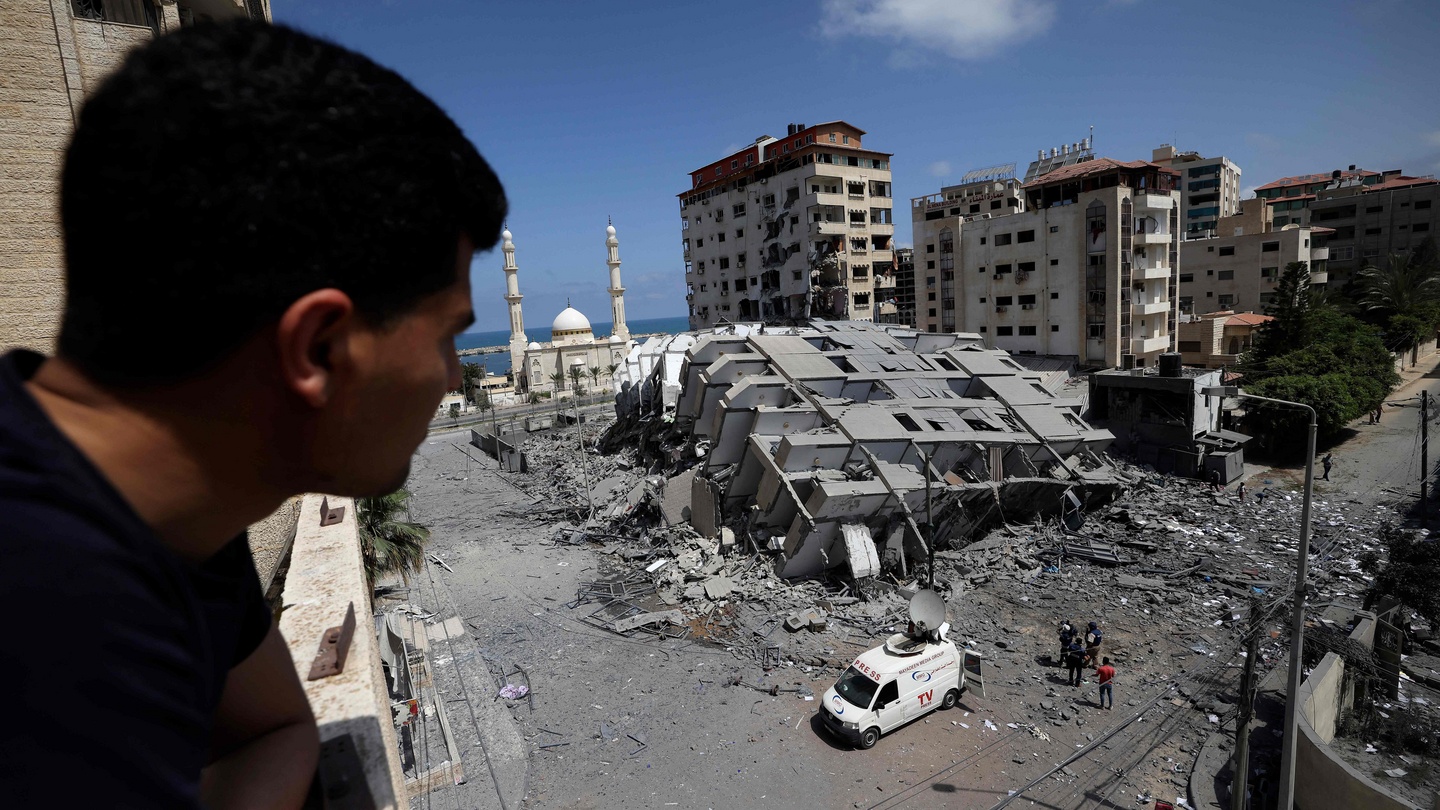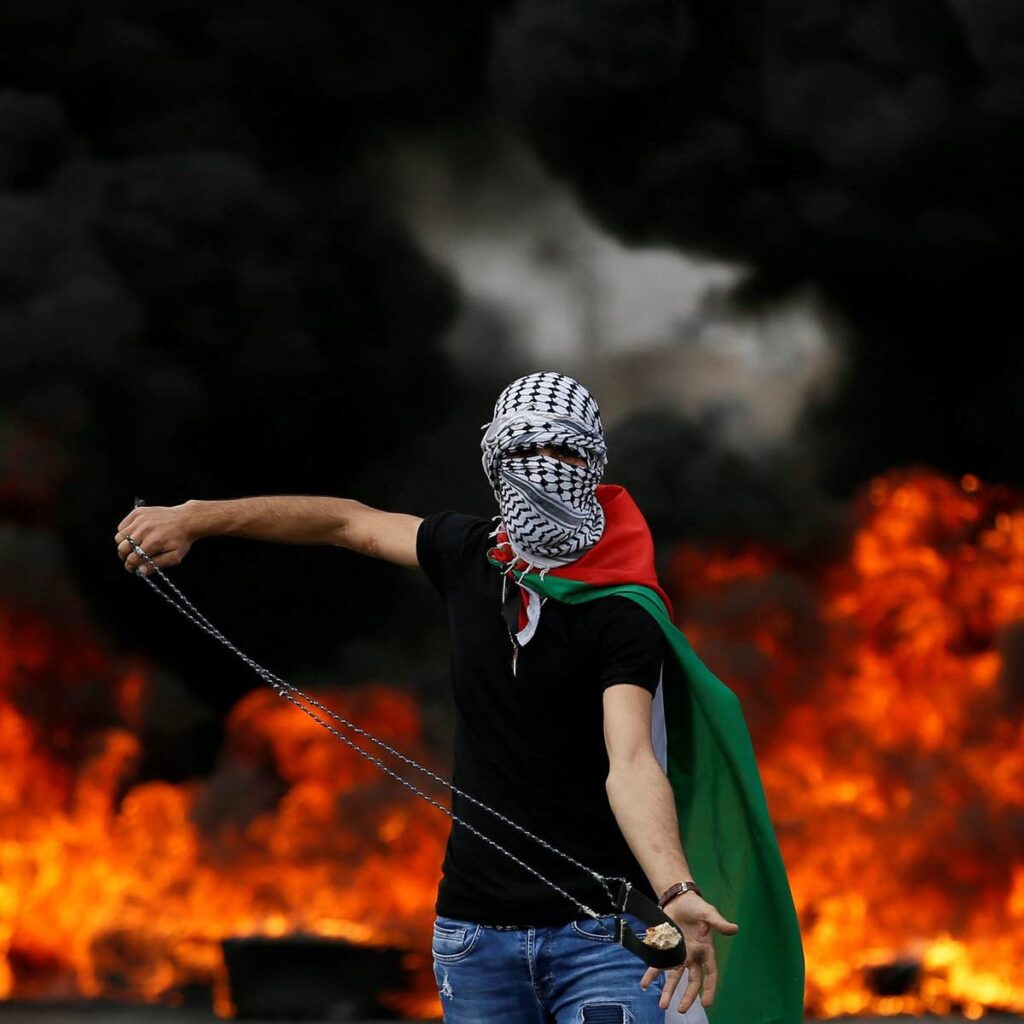
Misinformation has flourished on Twitter, TikTok, Facebook and other social media about the violence between Israelis and Palestinians.
In a 28-second video, which was posted to Twitter this week by a spokesman for Prime Minister Benjamin Netanyahu of Israel, Palestinian militants in the Gaza Strip appeared to launch rocket attacks at Israelis from densely populated civilian areas.

At least that is what Mr. Netanyahu’s spokesman, Ofir Gendelman, said the video portrayed. But his tweet with the footage, which was shared hundreds of times as the conflict between Palestinians and Israelis escalated, was not from Gaza. It was not even from this week.
Israel startup looks to add ‘Transparent-C’ to the cannabis industry
Austrian Chancellor: ‘Together we stand by Israel’s side’
Instead, the video that he shared, which can be found on many YouTube channels and other video-hosting sites, was from 2018. And according to captions on older versions of the video, it showed militants firing rockets not from Gaza but from Syria or Libya.

The video was just one piece of misinformation that has circulated on Twitter, TikTok, Facebook, WhatsApp and other social media this week about the rising violence between Israelis and Palestinians, as Israeli military ground forces attacked Gaza early on Friday. The false information has included videos, photos and clips of text purported to be from government officials in the region, with posts baselessly claiming early this week that Israeli soldiers had invaded Gaza, or that Palestinian mobs were about to rampage through sleepy Israeli suburbs.
The lies have been amplified as they have been shared thousands of times on Twitter and Facebook, spreading to WhatsApp and Telegram groups that have thousands of members, according to an analysis by The New York Times. The effect of the misinformation is potentially deadly, disinformation experts said, inflaming tensions between Israelis and Palestinians when suspicions and distrust have already run high.
“A lot of it is rumor and broken telephone, but it is being shared right now because people are desperate to share information about the unfolding situation,” said Arieh Kovler, a political analyst and independent researcher in Jerusalem who studies misinformation. “What makes it more confusing is that it is a mix of false claims and genuine stuff, which is being attributed to the wrong place or the wrong time.






 Trump administration offers to pay plane tickets, give stipend to self-deporting immigrants
Trump administration offers to pay plane tickets, give stipend to self-deporting immigrants  The Force Awakens: Aiden Anderson’s Rise in Dallas Amateur Boxing
The Force Awakens: Aiden Anderson’s Rise in Dallas Amateur Boxing  Tesla’s Cybertruck Will Rapidly Depreciate From Now On
Tesla’s Cybertruck Will Rapidly Depreciate From Now On  Was it really about the Lil Wayne Concert
Was it really about the Lil Wayne Concert  Black Chicago Activists Blast Mayor Brandon Johnson for “Replacing” Them With Migrants
Black Chicago Activists Blast Mayor Brandon Johnson for “Replacing” Them With Migrants  Migrants desperately digging through trash bins for food as they live out of buses in Chicago
Migrants desperately digging through trash bins for food as they live out of buses in Chicago  Sofia Llamas: A Force for Good in Colorado – Igniting Hope and Empowering Communities
Sofia Llamas: A Force for Good in Colorado – Igniting Hope and Empowering Communities  Thomas Edward Patrick Brady Jr, Shedeur Sanders, Travis Hunter, Shilo Sanders, Jimmy Horn Jr, Global Don, and more
Thomas Edward Patrick Brady Jr, Shedeur Sanders, Travis Hunter, Shilo Sanders, Jimmy Horn Jr, Global Don, and more